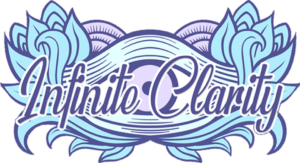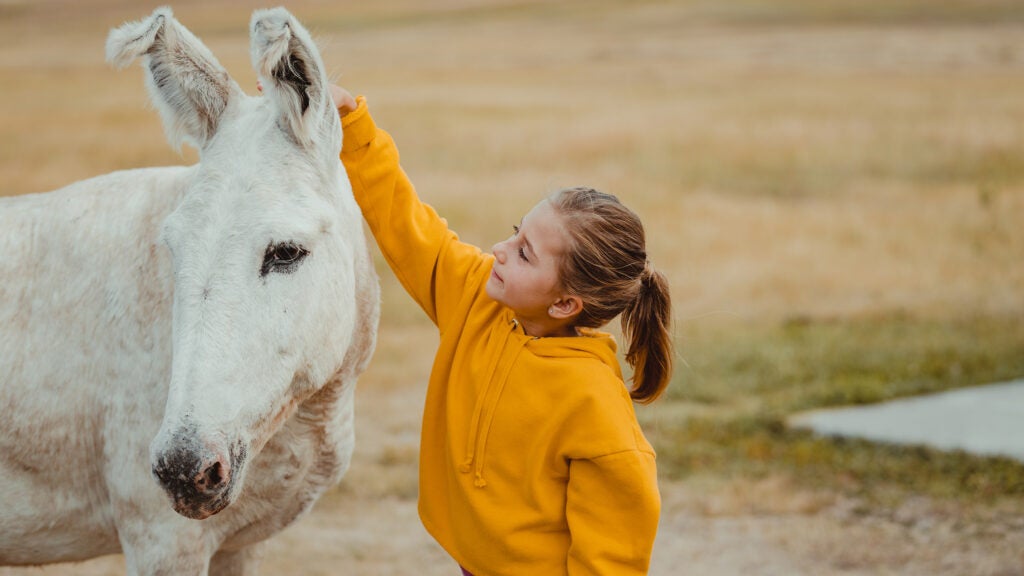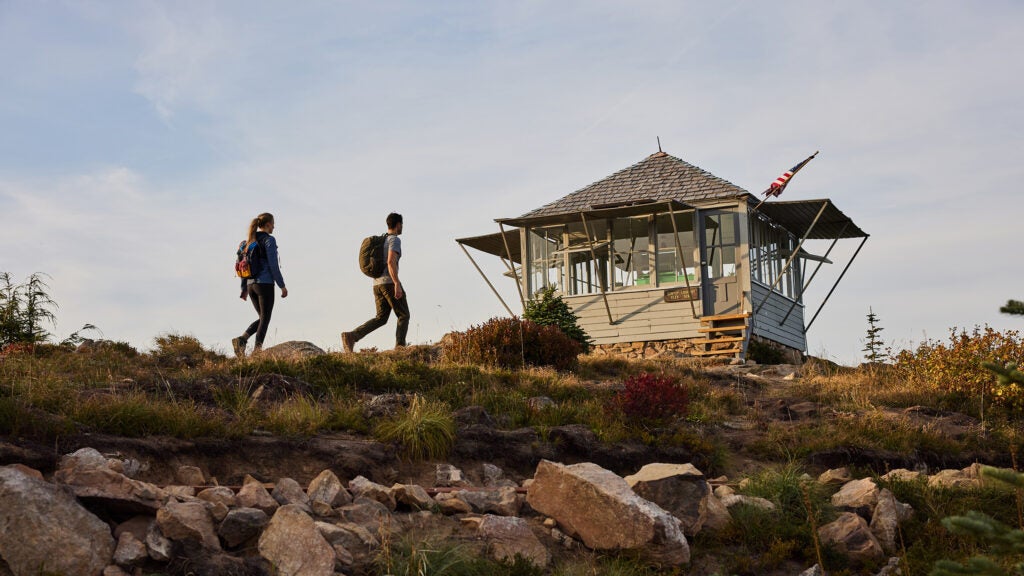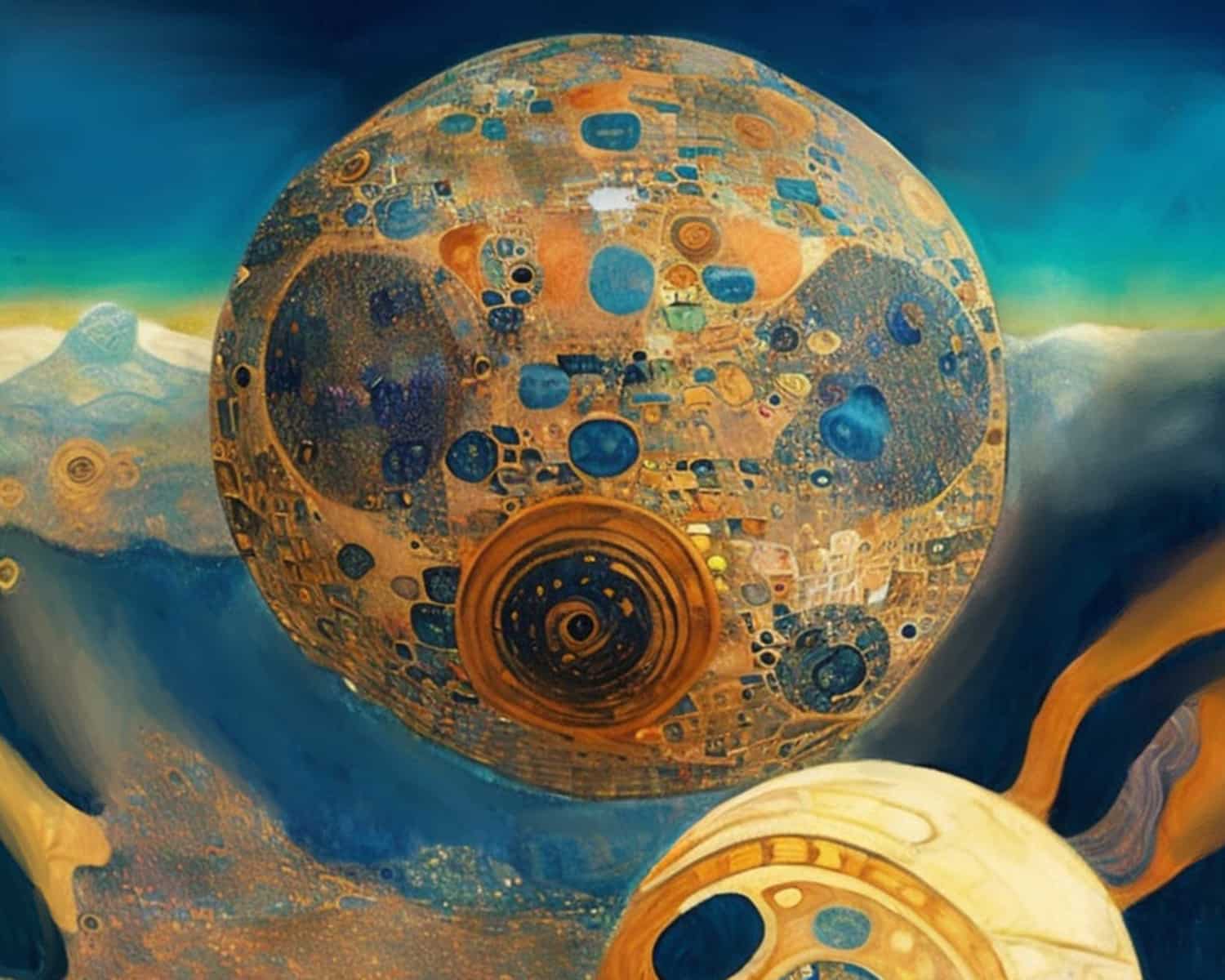Around 80% of the world’s population is estimated to use traditional medicine, such as herbal medicines, acupuncture, yoga, indigenous therapies and others. One hundred seventy Member States report the use of traditional medicine, and their priority request to WHO is for evidence and data to inform policies, standards and regulatory frameworks for safe, cost-effective and equitable use. Traditional medicine has been an integral resource for health for centuries in communities around the world, and it is still a mainstay for some with inequities in access to conventional medicine. The sociocultural practice and biodiversity heritages of traditional medicine are invaluable resources to evolve inclusive, diverse sustainable development. Traditional medicine is also part of the growing trillion-dollar global health, wellness, beauty, and pharmaceutical industries. Over 40% of pharmaceutical formulations are based on natural products and landmark drugs, including aspirin and artemisinin, originated from traditional medicine. The contribution of traditional medicine to national health systems is not yet fully realized, as millions of accredited traditional medicine workers, facilities, expenditures and products are not fully accounted for. Augmenting WHO’s capacities to address these knowledge needs will be a main objective of WHO Global Centre for Traditional Medicine (GCTM).
WHO Global Centre for Traditional Medicine












